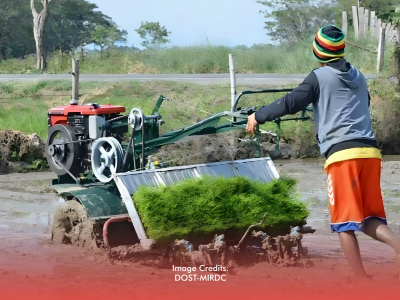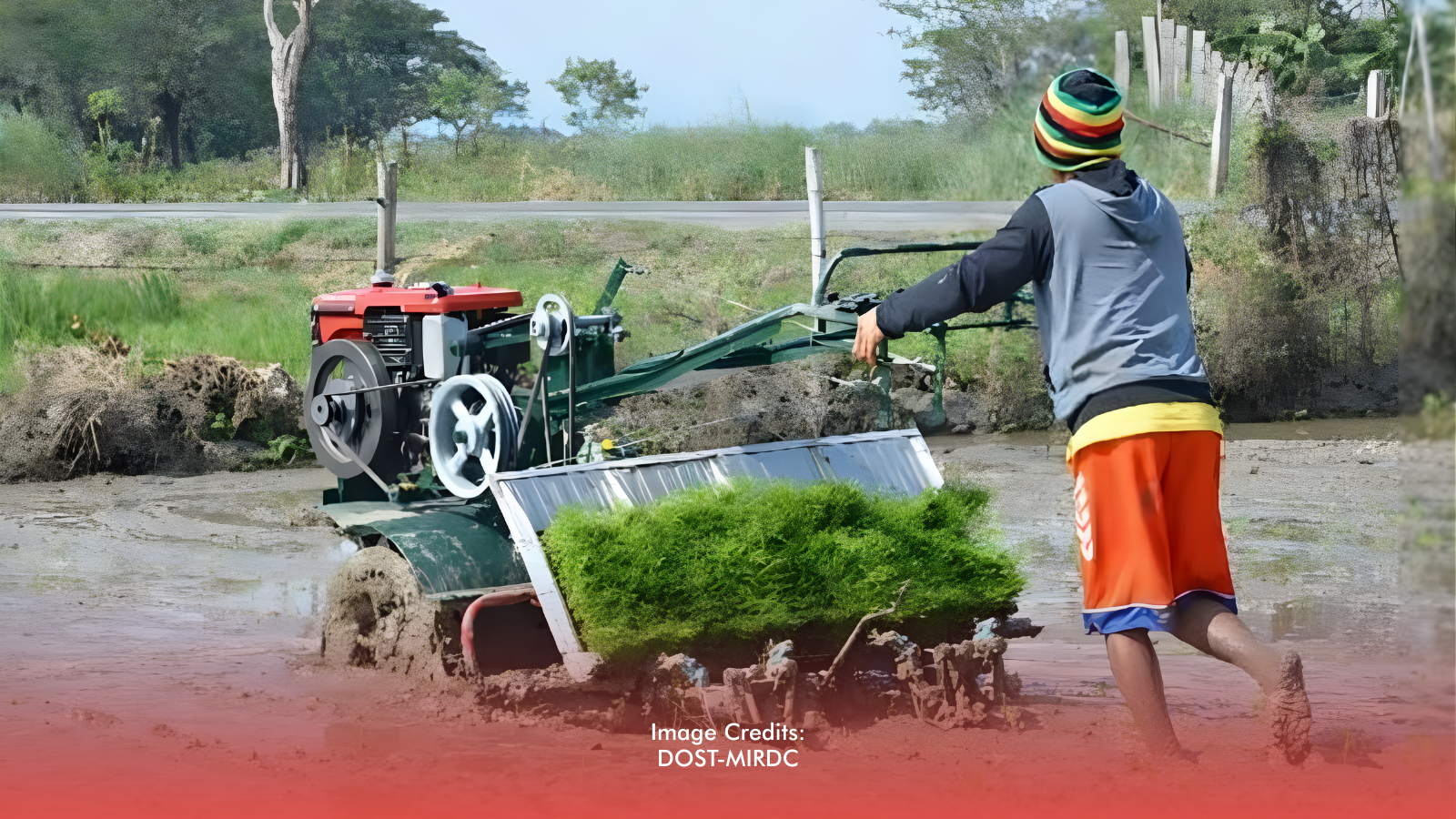The idea that pets are family members isn’t just a sweet sentiment, it’s changing the way pet owners feed them. Many pet owners now buy refrigerated, fresh, or human-grade pet food, often mirroring their own diets. While these products may seem healthier, research suggests the benefits for pets are limited. Alison Manchester, assistant clinical sciences professor at Cornell University, explains that traditional kibble and wet food already provide balanced nutrition, while also making use of animal parts that might otherwise go to waste.
Billy Nicholles, a pet food researcher, notes that using human-grade meat in pet food increases its environmental impact. Unlike offcuts or byproducts, these ingredients require more resources to produce, contributing to higher greenhouse gas emissions.
Reducing Your Pet’s Climate Pawprint
Feeding dogs and cats in the U.S. accounts for over a quarter of the environmental impact of meat consumption, equivalent to driving 13.6 million cars for a year, according to UCLA. Overfeeding pets not only harms their health but also increases their climate footprint. Experts recommend monitoring calorie intake, including treats, and ensuring protein makes up roughly 18% of an adult dog’s diet and 26% for cats.
Dogs can thrive on well-balanced vegan diets, while cats rely on animal-based protein. Choosing lower-impact meats like chicken or fish instead of beef, or selecting plant-based proteins where appropriate, can reduce environmental harm. Manchester also advises against homemade or table-scrap diets, which can lead to nutrient deficiencies and health issues.
Making Sustainable Choices
Pet owners can further reduce their pets’ environmental impact by choosing brands that use byproducts, organ meats, or alternative proteins like crickets. Sustainable brands may carry certifications such as climate-neutral, regenerative organic, or B Corp.
Other considerations include adopting shelter pets instead of buying from breeders, which avoids adding to the demand for new animals. Smaller pets generally have smaller carbon footprints, and eco-friendly toys or accessories, made from recycled or durable materials, can further reduce environmental costs. As Allison Reser puts it, “I make her toys out of trash…she loves it.”
By making mindful decisions about diet, sourcing, and lifestyle, pet owners can ensure their furry friends remain healthy while also protecting the planet.








